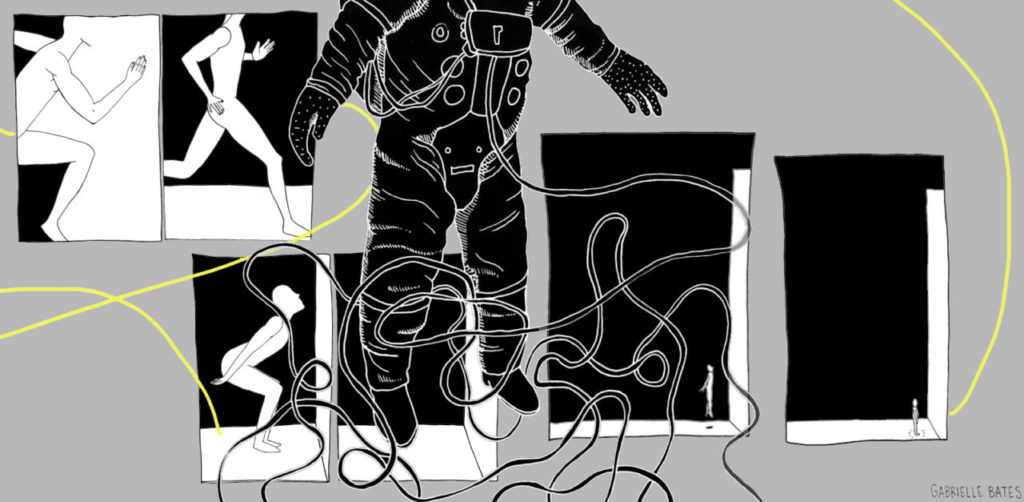On Failure

A series conceived by Keetje Kuipers and the editors of Poetry Northwest, featuring essays from a range of poets that investigate the practice of failure, both as poet and citizen.
WE ARE NOT UNTOUCHABLE
Though I could’ve stayed and got the Blackness (and queerness) (and transness—though I didn’t know it was transness at the time) beaten out of my words, I took the road less traveled and voluntarily left. Even if that program didn’t work out, surely something would get me to where I needed to go, right?
Right?
Beyond the Bradys: Poetry and the “Perfect” American Family
I don’t want to tell a story that isn’t mine to tell. I don’t want to write a poem that turns my children into props, our family into a spectacle. For guidance, I often seek poems about nontraditional families that draw differences to the surface, not to define someone as other, or to speak for someone else, but so that each of us can be more present.
Dear Diary: My Struggle with the Personal
As we find ourselves in a time of pandemic, of systemic state-sanctioned violence against people of color, of environmental disaster, of political and civic disintegration, I am reminded again and again how important action really is. And I wonder how poetry can make sense of it. But how to tell a story in a way that adds meaning to its telling? How to avoid the simple replication and perpetuation of trauma? How to use narrative to a new end, or to find one’s position in a larger time and place?
Rip the Wires Out
I wanted to find a way to write with and about heat in a warming world. What forms of writing might emerge when heat and its effects are invited into the compositional process? Despite my intellectual excitement, I was having doubts about the whole thing. How was I going to turn this into poetry? How was I going to survive the self-scrutiny?
Failure as Negative Space
The full impact of our degradation and exploitation of the natural world will never be known. We’ll never be able to measure the entire scope and depth of the suffering humanity has caused. It isn’t quite discernible. It doesn’t have a definitive shape.
On Rejection, the Language of Trauma, and the Rewards of Staying Open
I hadn’t yet been introduced to the forms that trauma speaks in, the ways trauma projects its own dark shadows, creates its own silences, repeats its own fractured inner landscapes that resist narration.
Blessèd Delusions: Literary Follies and Visual Poems
First I thought Stet would fail to be a book, and now that it has failed to fail and exists in the world, its forms and processes are failing to stay put between its front and back covers.
Thirty-One Tiny Failures and One Labyrinth: On Parenting and Writing
When I delete my apologies I can imagine the words are still ghosted in the pixels of my screen.
Failures are Special Because They Belong to Us
Failure is such an extraordinary teacher. I wouldn’t say I enjoy it, per se, but it’s a mentor that I’m settling into, one I’m learning to have a more complex relationship with.
It is no small thing to discover fresh words for old wounds.
In doing so, we invite alternate, healthy ways of understanding our survival; in doing so, we intercede for the impossible connections in which we desire and deserve to be alive.
There’s No Way You’ll Ever Be Able to Get This Right
In which Keetje Kuipers introduces the series.
Deciding to seek publication for an unfinished poem wasn’t a new idea for me. I’ve always believed that sharing with readers works that are still in draft can be a way of pulling back the curtain on a process that is really a lot less mystical than we writers sometimes make it seem. But I had never considered sending out for publication a poem that would never be finished, one that honestly couldn’t be finished (at least not by me).
